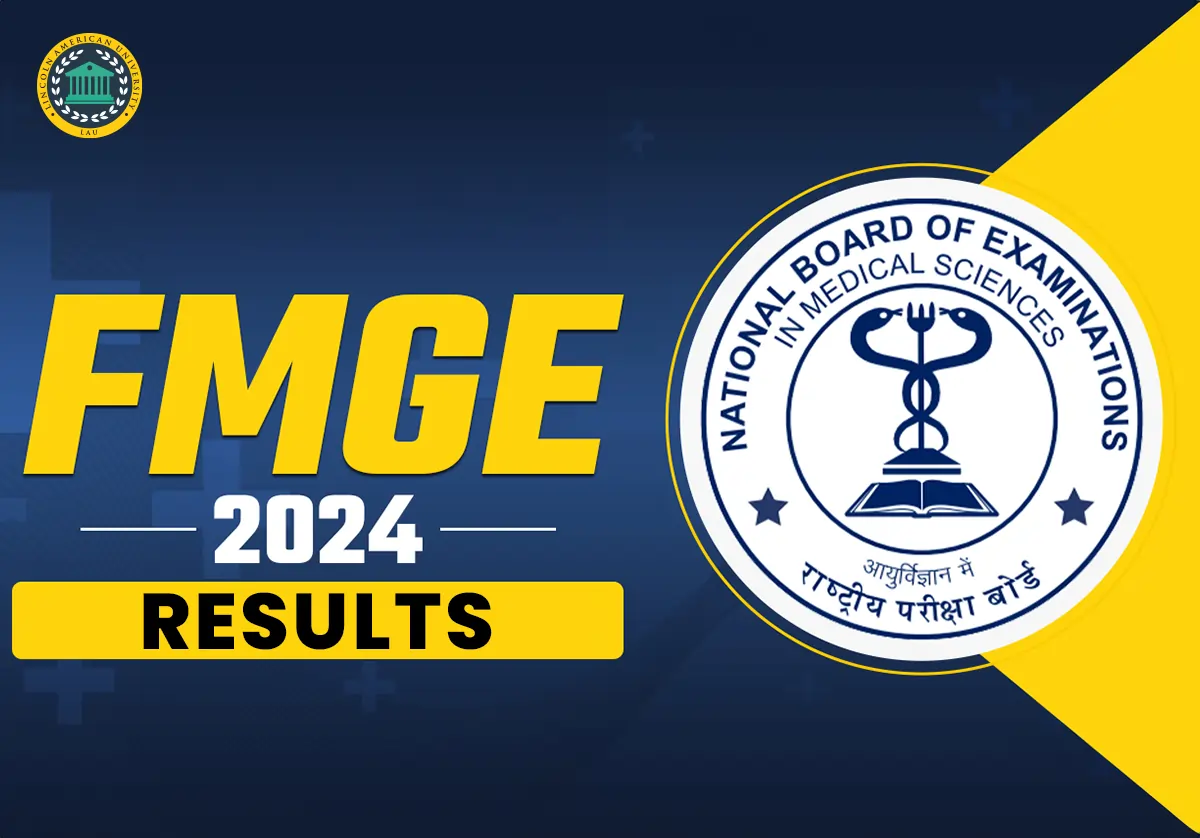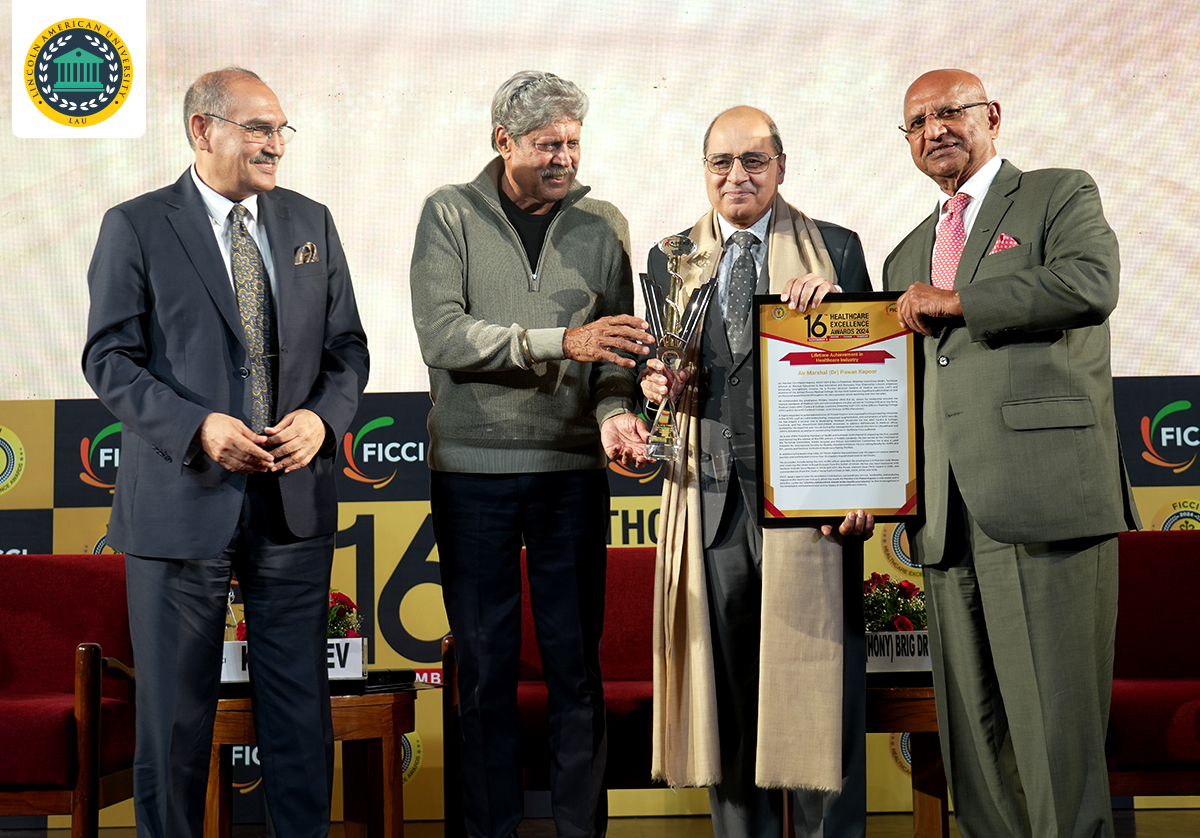Must Know Facts Before Starting Clinical Rotation
Studying MD or MBBS in West Indies, in universities like Lincoln American University (LAU), is a great opportunity for students as they not only learn in classrooms but also by practicing under the supervision of experienced doctors during the clinical rotations program.
After spending three years in the classrooms and medical laboratories (during 1-year Pre-Medical Program and 2-Year Basic Sciences Program), while doing MBBS in West Indies, fourth-year medical students begin their clinical rotations, where they finally get to immerse themselves in patient-care, learn more about different specialties and put their book smarts to good use.
It takes some humility to be able to go to a clinic and say that you have a lot of things to learn, that you don't know everything there is to know. Especially once you go out into clinical rotations after doing well in class, you probably feel pretty confident. However, once you find out that there is a lot more to learn, then it takes a growth mindset and an attitude that you still have so much more to learn, and that makes a big difference.
If you think that you already know it all, you cannot develop a great relationship with your clinical instructor. In the field of medicine, there is always something to learn, not only from your clinical instructor but also from your patients.
When you study medicine in West Indies, in universities like Lincoln American University, there are a lot of ways to use what you've learned; one is to maintain a spirit of reflection. You need a learning spirit to develop an attitude that you still have more things to learn and more ways to be better.
During clinical training, you would have weekly feedback; you write down what went well and what did not, enabling learning from experiences.
Clinical rotations have busy long hours, but you have to carve out time and say what went well this week and what did not go well this week. Since you are on clinical rotations, maintaining the reflection is essential to becoming better, which thereby reflects in your performance during MBBS Program and professional competence as well.
Many students fail to address the basic expectations of the hospital. It is very important to understand what you're doing when you're there and how you are doing it. So, what people want to see in you as a good intern is that you're getting there early, you are focused, and you're taking all the work that you can, you're energized, and you bring a part of the team. They don't want you to be an addition to their workload; they don't want you to be just observing; they don't want you to be a fourth-year medical student only gathering data. They want you to be functioning as an intern; they want you to be seeing the patients, writing up the notes, putting in the patient history collection, talking to the seniors, and talking to the other interns. They don't just want to supervise you, but they also want to help you shine. That is what you're expected to do work-wise.
When you study medicine in West Indies, you cannot just make studying a priority of your MBBS. Hands-on-experience required to put knowledge into practice that you will be gathering is very important. So, you must make the best use of your clinical rotations and put all your knowledge into practice.
What hovers all this is what sense do people get from you. If you just show up saying that you're an intern, that's not going to help you. If they want you to see the patient that came overnight and you don't do well, it might land a very blunt impression of yourself on them. What you really want to tell them is that you saw on the computer that they all got a patient overnight, and you were kind of reading up on it, and the guy's got chest pain, the EKG, etc. So, you need to be proactive, take the initiative, take ownership of your internship.
Keeping all this in mind, Lincoln American University gives you the advantage to make familiarization trips to hospitals during the basic science module of your academic program. LAU's international clinical rotations are modulated with well-established hospitals in India, Nepal, Guyana, and the United States. This gives not only top-notch education and experience to the students but also boosts their confidence and prepares them for all the challenges they may face in their professional life as a qualified doctor.




